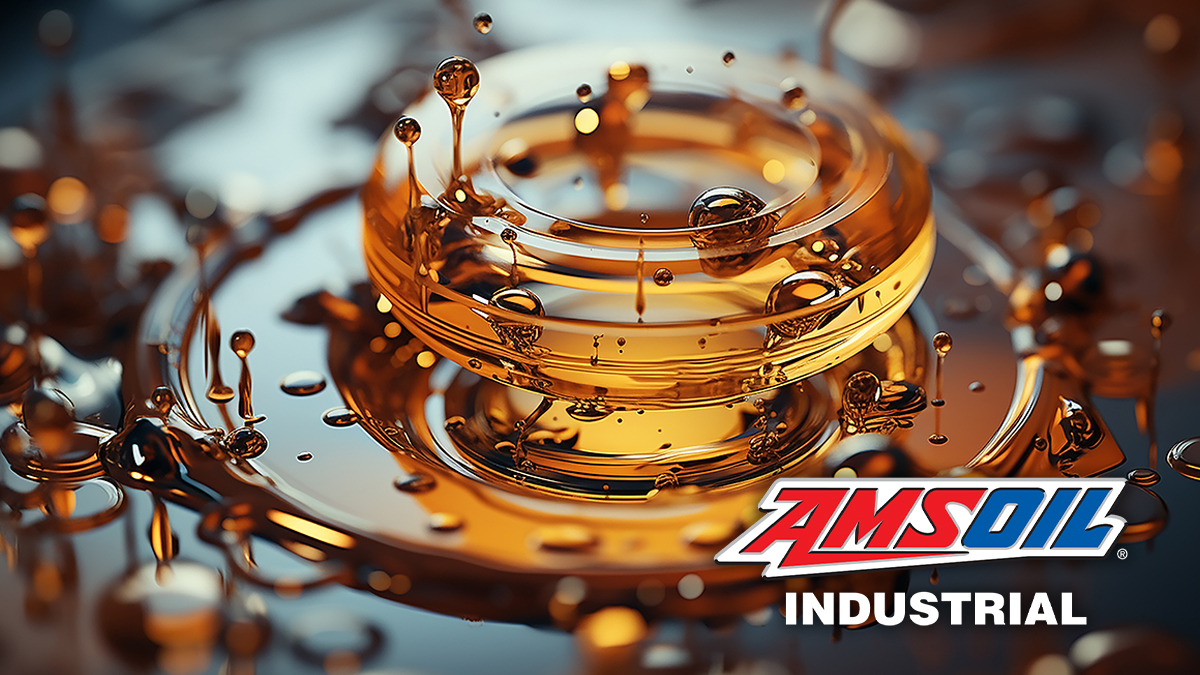The choice between synthetic and mineral oils is a topic of ongoing debate among machinery operators. Both types of oil have unique characteristics that can make one a better choice than the other for specific conditions. This article aims to provide a comprehensive understanding of these two types of oil, helping you make an informed decision for your machinery.
Understanding Mineral Oils
Mineral oils derived from crude, also known as conventional or petroleum oils, have been lubricating machinery for more than 150 years. This complex mixture of naturally occurring hydrocarbons and molecules is effective as a lubricant and can provide adequate protection for most machinery. However, its performance has inherent limitations, and newer equipment is often smaller, which places additional demand on lubricants. For example, mineral oil viscosity thins at elevated temperatures and thickens at low temperatures, which can lead to increased wear, especially in demanding industrial environments.
Mineral oil quality also heavily depends on the refining process. Crude contains paraffins, sulfur, nitrogen, oxygen, water, salts and certain metals, all of which are considered contaminants and must be refined out of the oil to make it useful as a lubricant. Unfortunately, no refining process is perfect, and impurities will always remain.
Understanding Synthetic Oils
Synthetic oils are primarily made using polyalphaolefin (PAOs) and ester base oils, which are engineered in a lab and manufactured by chemically breaking down and rebuilding petroleum molecules. This chemical process allows synthetic oils to be formulated for specific applications, permitting tight control of the molecular structure of PAOs and esters, which gives the final product uniform and stable properties.
Comparing Performance
Since they have increased stability, synthetic oils are less sensitive to temperature changes and operate better in both extreme heat and cold. In fact, synthetic oil is recommended for high-temperature applications, as the oxidation rate of mineral oil accelerates faster as the temperature increases.
Another key differentiator is oxidation, which causes the oil to break down over time, forming sludge and varnish that can clog vital components, hinder performance and lead to catastrophic failures. The tailored molecular structure of synthetic oils resists oxidation significantly better than mineral oils, extending their lifespan and reducing maintenance costs.
But friction reduction is where synthetic oils truly shine. Their superior film strength and lower coefficient of friction minimize metal-to-metal contact, resulting in reduced wear, extended component life and improved overall efficiency. This translates to lower maintenance costs, increased production uptime and a healthier bottom line.
In a world increasingly focused on sustainability, synthetic oils also offer a surprising advantage. Their extended drain intervals and superior performance translate to reduced oil consumption, minimizing waste and environmental impact. Additionally, synthetic oils can be more cost effective than mineral oils given their positive effect on equipment and their longer oil drain intervals.
In terms of cost, mineral oil is typically cheaper up front, but it doesn’t last as long as synthetic oil, so you’ll be replacing it more frequently at added expense later.
What’s right for me?
Like most things in life, there isn’t a simple black-and-white answer. The choice between synthetic and mineral oils depends on numerous factors, including the specific application, operating conditions and cost considerations. The right question to ask is what is the lubricant being used for?
Mineral oils remain a more cost-effective choice for older or leaking equipment and less demanding applications, making them a reliable option for many industrial operations. However, modern synthetic oils offer superior performance, protection and longevity under extreme conditions and in severe-service applications, which can save you more money in the long term.
For high-performance machinery, demanding environments and extended service intervals, synthetic oils are the undisputed champions. Their superior performance, extended lifespan and environmental benefits make them a worthwhile investment in protecting your valuable equipment and optimizing your operations.
Contact an AMSOIL Industrial technical expert to identify optimal efficiency, reliability and sustainability solutions that can improve performance in your specific industrial applications.

